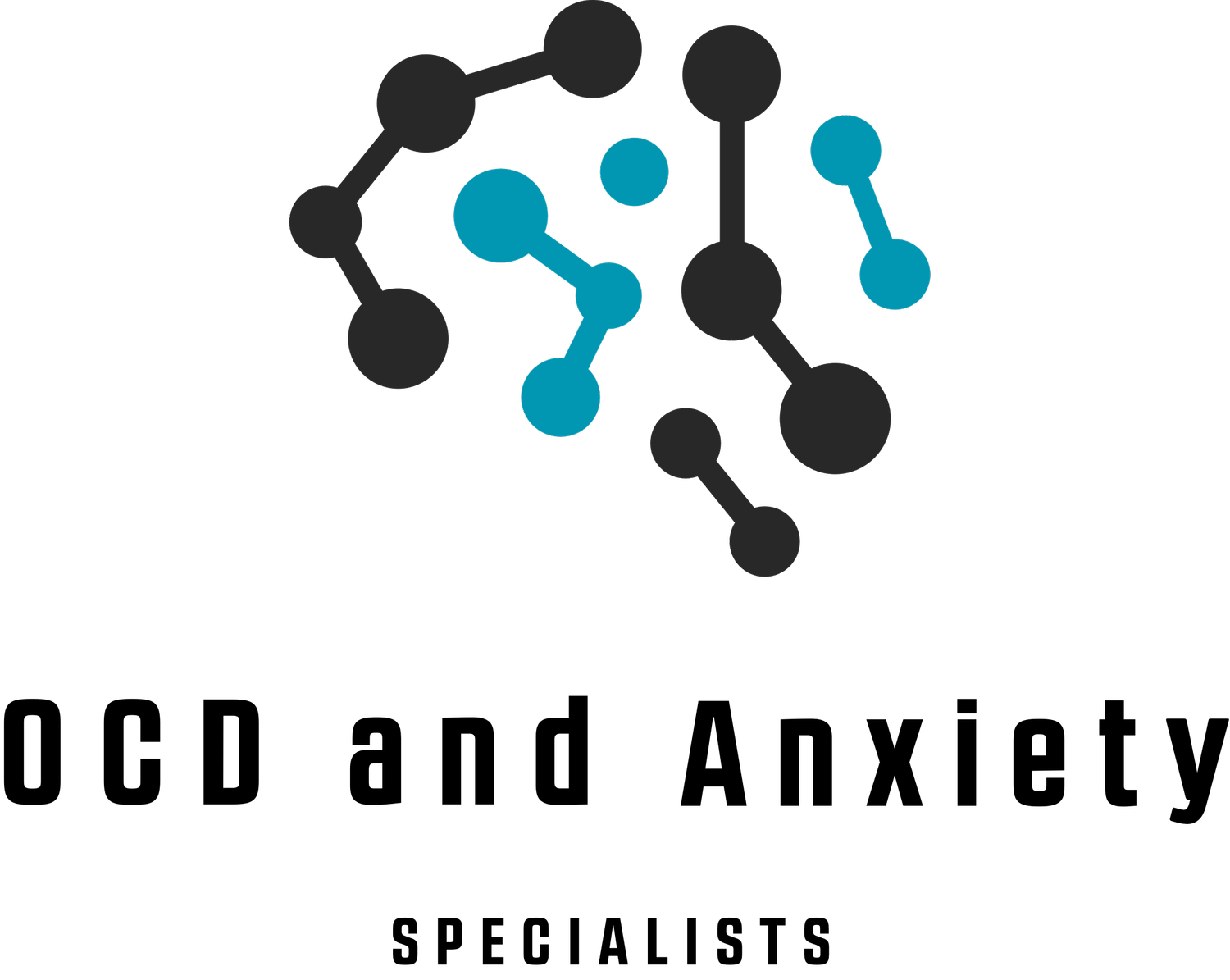OCD Themes
There are certain ways the OCD community categorizes the themes that people obsess over. It’s important to note that treatment-wise and clinically speaking these variations are completely irrelevant. All OCD topics are treated in nearly the same way and respond to treatment equally well. The reason that these themes are useful to mention is that they can help us recognize and label our OCD and provide a shorthand in discussing the specifics of our experience. For a more in depth look at various OCD Themes, click here.
What are common themes of OCD?
A number of these themes and the compulsive questions related to them are as follows:
Existential OCD: Concerns about the meaning of life and existence, and sometimes the psychological implications of these concerns. What if I’m not living my life the way I should? What if I go crazy from these ideas?
Sexuality/Gender OCD (formerly called HOCD): What if my sexuality or gender isn’t what I’ve thought it is? What if I’m making the wrong choice?
Harm OCD: What if I snap and harm or kill someone?
Cancelled OCD: The fastest rising OCD subtype as of this posting in 2021. What if I say/said do/did something racist, sexist, homophobic or otherwise inappropriate that gets me “cancelled” or rejected by everyone around me?
Pedophile OCD (POCD): What if I’m a pedophile?
Relationship OCD (ROCD) : What if I’ve chosen the wrong partner, or what if my partner wants to break up with me?
Past experience OCD: A compulsive desire to revisit past experiences. What if I harmed, cheated on, or sexually harassed someone?
Back-door OCD: OCD about OCD. What if my OCD is untreatable? What if I’m not doing therapy right? What if I’ll have OCD forever? What if I don’t actually have OCD?
Contamination OCD: What if I get sick or harm someone by getting them sick?
Metaphysical contamination: Disgust or anxiety around touching or spreading something that is contaminated by an idea or concept.
Hyperawareness: An obsessive awareness of natural processes in the body such as blinking, breathing, or swallowing.
Just right OCD: A compulsive urge to repeat actions or do them in a certain way until there is an internal feeling of “correctness”.
Scrupulosity OCD: Fear of committing a sin that results in a punishment towards you or others.
Suicidal/ Self Harm OCD: Fear of impulsively comitting suicide, sometimes due to “going crazy”, or becoming depressed.
Pure O: A category of OCD that can include any of the above, with compulsions that are mostly internal such as reviewing evidence or repeating a mantra.
Are certain OCD themes harder to treat?
While the subtypes above are unrelated to treatment course and outcome, there is one variable that is: the degree of insight the client has over their OCD. In other words, it is the amount of healthy skepticism a client has in regards to their broken alarm system. If a client refuses to engage in exposures because they are convinced there is a significant risk to challenging their OCD, therapy in turn can be more challenging.
On the other hand, when a client describes their OCD theme to me with a “I know this sounds crazy, but...”, it is often a sign that they are willing to learn how to deal with their thoughts in a healthier way. In these situations there is a great chance of a quicker recovery.

